Next semester’s exchange trips hang by a thread

The closedown of the world’s borders has cut short this spring’s exchange trips and caused several additional issues. Now, next semester’s trips are under threat. This can potentially leave CBS with too few places for its students on some courses. Ideas and solutions are being mulled over, including online elective courses at international universities.
Just a matter of hours after the Danish borders closed, CBS had crafted a document for its more than 225 exchange and international full-degree students abroad so they could legally cross the border and return home if they liked. At the same time, CBS dorms began to thin out as international students on exchange at CBS also left for their home countries.
Since the world closed down, CBS has been busy helping its inbound and outbound students, and as the days and weeks go by, new challenges are arising in what resembles a tricky game of solitaire to make sure everything falls into place.
Right now, Niels Henrik Larsen, Director of International Programs, and Martin Jes Iversen, Vice Dean of International Education at CBS, are looking ahead to the coming semester. Here 878 students are expected to go abroad, but as universities in Australia, Southeast Asia and the U.S. are reporting about limited or no teaching activities in the fall, many students will not have their dream of going abroad fulfilled, explains Martin Jes Iversen.
“Clearly, a large group of our students will not be going abroad next semester, and instead will have to sign up for courses, mainly electives, at CBS. This has resulted in new pressure for places on our elective courses, as the number of inbound students does not match the number of outbound students one to one,” he says.
Some students have already had their exchange trips cancelled, but as the students receive messages from the host universities explaining whether or not they can go, they can apply for elective courses in three rounds. And the longer they wait, the fewer options they will have to choose from, and this gives rise to new issues.
We are lucky in the sense that this is happening during the spring semester, which is the least busy of the two semesters
Martin Jes Iversen
According to Martin Jes Iversen, students must take certain subjects if they want to pursue specific master’s programs. So, what if there are no more spaces for their preferred elective course?
“Right now, the student administration is compiling a list of the ‘critical elective courses’ and seeing whether it is possible to expand the capacity of those courses. It is a difficult challenge but they do a huge effort to make it happen,” says Martin Jes Iversen.
Niels Henrik Larsen continues:
“Moreover, we have decided to teach the International Summer University Program online this year. This will give students in need another opportunity for taking electives,” he says.

Facing an uncertain future concerning exchange trips abroad, Martin Jes Iversen has engaged in discussions about potential alternative forms of international education. Right now, he is in dialogue with University St. Gallen in Switzerland and the Vienna University of Economics and Business about making a pool of elective courses that students from the three universities can take without going abroad.
“It’s not ideal, but it’s a way to add an international touch to a study program, and it clearly reflects the digital spirit we’re in. It’s not 100 percent set yet, but we are working on it, and hopefully we can have something ready this fall,” he says.
Mandatory exchange trips rescheduled
A lot of CBS students take exchange trips because they have the opportunity. For other students, however, mandatory exchange trips are part of their programs. This is the case with the BSc in International Shipping and Trade, which has exchange trips to Texas and Singapore on semesters five and six. Likewise, students from Singapore and Texas visit CBS.
“A group of the students from semester six have just returned home from Singapore, and we are considering solutions for the coming semester’s exchange students. Also, we have decided that the students from Singapore and Texas who were to visit us this fall can come next spring. Hopefully, the situation will look at lot different by then,” says Martin Jes Iversen and continues:
“What’s most important right now is that the students’ studies are not delayed.”
Health communication and financial obstacles
At the moment, CBS is in contact with 13 students across different study programs who are still abroad, (See fact box), and 400 of the 550 foreign exchange students at CBS have decided to leave.
One priority is to help students abroad to get home if they wish. Another challenge is to inform the inbound students about the current situation that initially seemed to become stricter by the hour during the first couple of weeks after Denmark’s lockdown. It was especially important to inform the 390 students accommodated at CBS dorms.
“The students in the dorms were also obliged to follow the rules from the health authorities, and that’s tough when you live in a dorm and share a kitchen with 12 others. So we had a plan for how to help in case a student was diagnosed with Covid-19,” says Niels Henrik Larsen and continues:
“Luckily, no students here have been diagnosed yet.”
Currently, 135 have decided to stay at their CBS dorms. And the ones who have left are facing a financial problem.
A lot of the exchange students were meant to stay in their dorm rooms for five months instead of only two, and unfortunately, CBS cannot cancel the rent that the students who have left still have to pay, explains Martin Jes Iversen.
“As a state university, we are not allowed to reimburse the students. This is unfortunate, of course, but hopefully, the students can get some of the money lost back through their insurance, and they will get their deposits back,” he says.
Niels Henrik Larsen adds:
“Many of our students understand that this is an extraordinary situation, but we have had many inquiries from universities asking why we can’t repay the rent. So, the task of communicating this is huge,” he says.
“If this had happened in the fall…”
So far, Martin Jes Iversen and Niels Henrik Larsen have not heard of any CBS students stranded in foreign countries, or of students who have been stopped at the Danish border. However, now that the most hectic and urgent hours and days spent finding ways to get people home are over, Martin Jes Iversen cannot help thinking of the scenario if this had happened in the fall.
“We are lucky in the sense that this is happening during the spring semester, which is the least busy of the two semesters. We have about 100 abroad, compared to the more than 800 in the fall semester. I don’t dare think what would have happened in the fall – it would have been terrible,” says Martin Jes Iversen.

Remember to check out our ‘Go on Exchange’-section. Here, you can read about CBS students’ experiences from their exchange trips and internships abroad. You’ll also find stories of people who are still abroad, and some that have come home, or have even decided to stay in Denmark, although they are from a different country. https://cbswire.dk/go-on-exchange/
Although CBS is collaborating with its partner universities to find ways of giving students an international experience online, Niels Henrik Larsen is sure that exchange trips in real life are worth maintaining.
“We and our partners are using this opportunity to explore new directions for international education and what we can do differently in this situation. However, I believe that exchange trips are about moving people in order to experience new academic challenges, new cultures and getting to know new people. And we should never ever let go of those goals at CBS,” Niels Henrik Larsen
Read more about why you, according to The International Office should consider going on exchange right here: https://studentcbs.sharepoint.com/exchange/pages/10-reasons-to-go-on-exchange.aspx



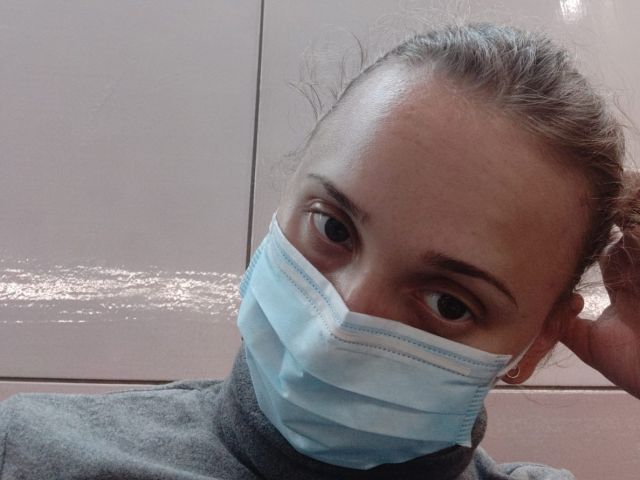
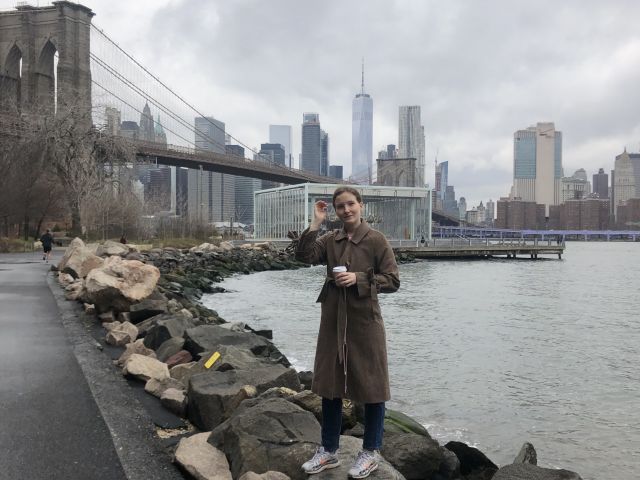
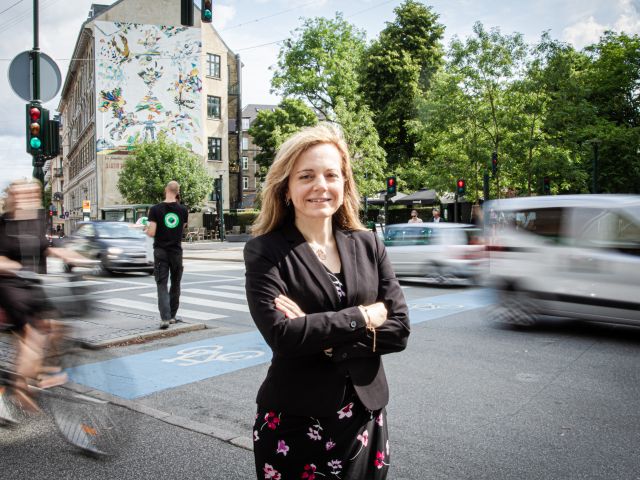



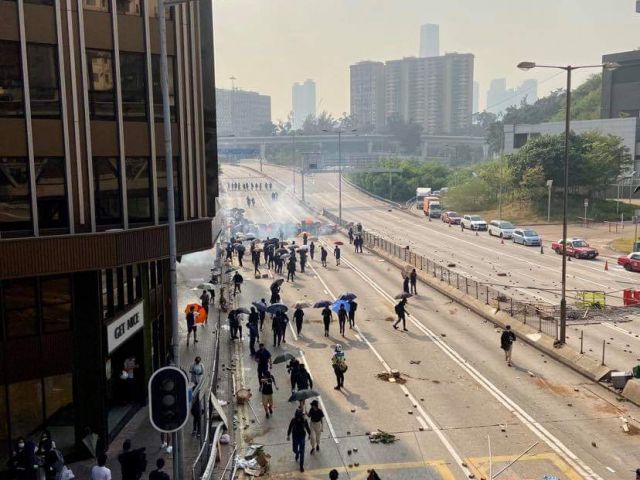

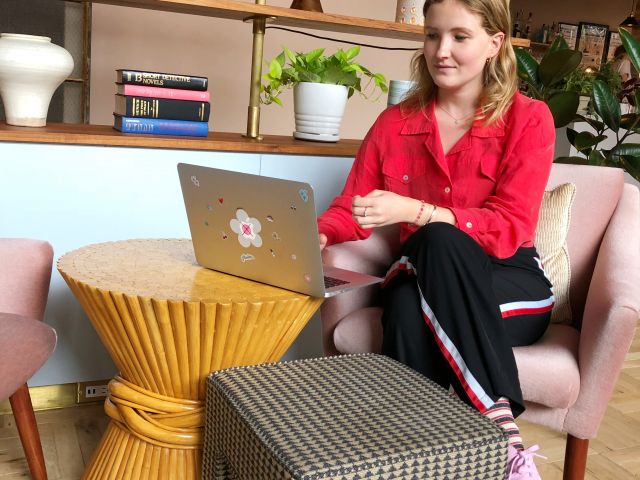




























































































































Comments